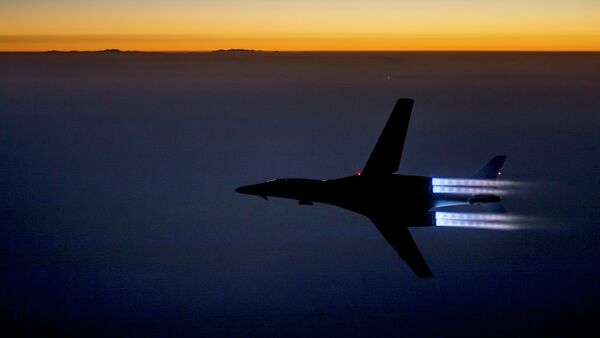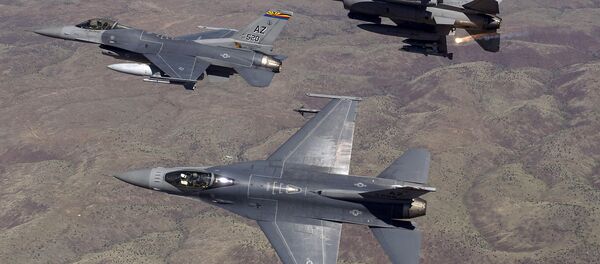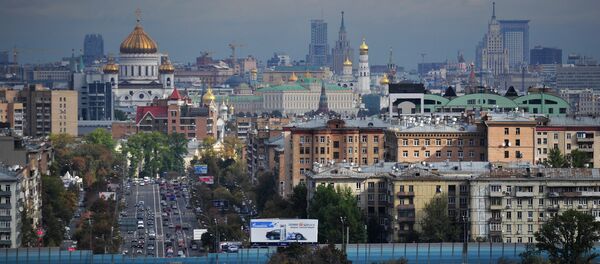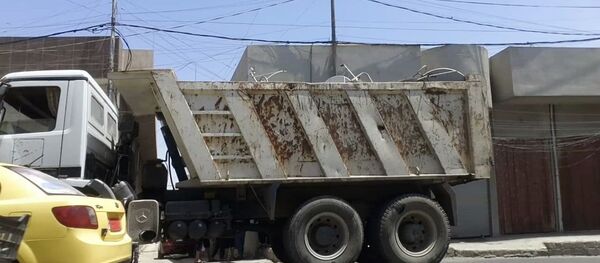The incident took place last week. The June 29 operation was "already teetering on the brink of failure," as the Washington Post put it, even before US warplanes were extracted from the battlefield in Syria and dispatched to bomb a large Daesh convoy fleeing the Iraqi city of Falluja. The whole operation ended in an embarrassment.
Daesh fighters pushed the New Syrian Army out of the city back to their base located 200 miles away, killed several rebels and seized US-made weapons. US military officials then tried to paint the operation as a hit-and-run attack that was not meant to free the border city, but intimidate the terrorist group, however, these comments contradicted their earlier statements.
Hassan Shemshadi, special correspondent for Islamic Republic of Iran Broadcasting, described as common knowledge the fact that the US-led anti-Daesh coalition has been "absolutely inefficient."
"The coalition has been present in the region for almost two years. Its military commanders claim that their forces launch surgical strikes against Daesh targets in Syria and Iraq. In reality, these so-called strikes have not helped to destroy or at least degrade the militants," he said.
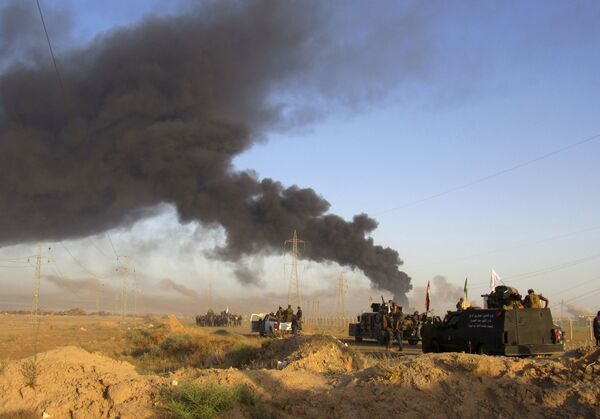
Washington, according to the expert, created the coalition as a smokescreen to be able to maintain its military presence in the Middle East.
In addition, the Pentagon's decision to abandon its Syrian allies could have major repercussions in terms of image. The level of trust of other members of the US-led anti-Daesh coalition "will clearly be adversely affected," Shemshadi added.
The incident shows that Washington's efforts aimed at building an efficient international counterterrorism coalition have "gone down in flames," political analyst Hassan Hanizadeh told Sputnik. Comprising sixty-six nations, it "has failed to achieve any tangible results. Its strategy and operations aimed at rooting out Daesh have been a failure."
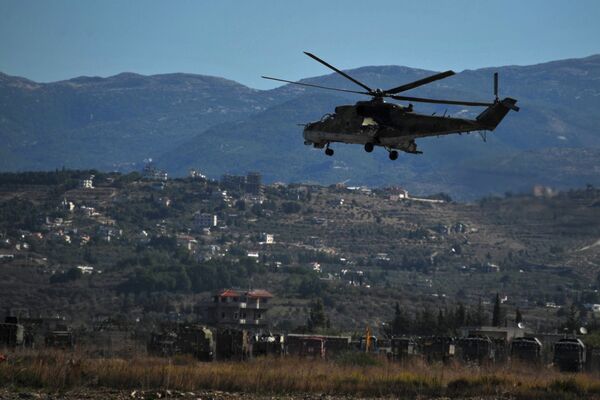
Seyed Abd al Majid Zavari, an expert on international affairs, referred to the Pentagon's decision as a "tactical maneuver" that should not be interpreted as Washington's inability to fight Daesh. "The reason is that [the White House] has no wish to fully destroy terrorists in this region," he said.
"Instead of fighting terrorists, the US is using Daesh as a means to pressure its opponents in the region, Russia and Iran," the analyst suggested.

